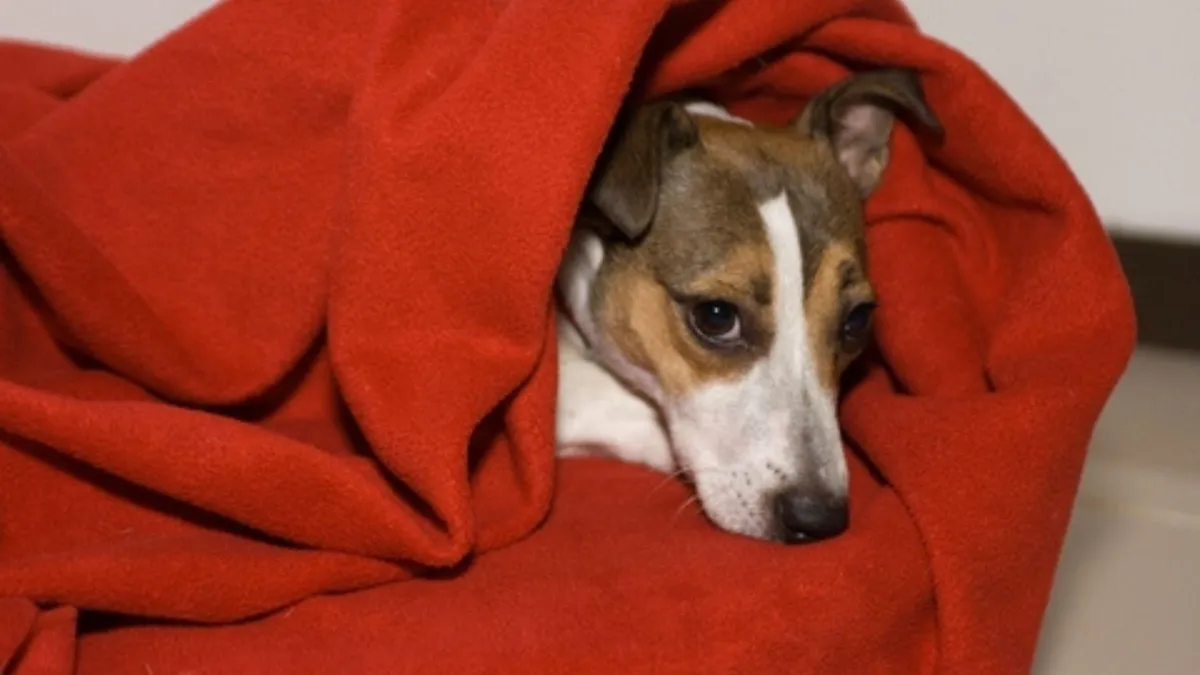
Old pets and livestock: Part Two: Euthanasia
We all have special animals on the farm. They might be dogs or cats, ponies or horses, cattle or pigs. When we’ve shared their lives and enjoyed their company for years, we grow deeply attached to them. Unless they die unexpectedly, there usually comes a time when we need to consider euthanasia. These moments are never easy, but they are inevitable for anyone who owns and loves animals.
How can I decide?
Your vet, family, and friends can all help when the time comes to think about euthanasia. The decision should consider what is best for the animal, but also what is best for you and those around you.
Ask yourself:
Does the animal still enjoy eating, walking, or being groomed?
Is there more pleasure than pain in its life?
If the answer is yes, it may be reasonable to wait. But if the animal is frail, in pain, no longer enjoying life, or the cost of care is unsustainable, it may be kinder to let go.
Your vet will understand how hard this decision is. They can assess the animal’s condition, explain treatment options, and give an honest opinion about long-term outcomes and quality of life. If there is anything you don’t understand, ask again. It’s important that you are clear and confident in your final decision.
Also take time to discuss how the body will be handled after euthanasia. Your vet can talk you through options such as home burial or cremation.
What euthanasia means
Euthanasia means “a good death” or “painless death.” The most common and humane method is a lethal injection given by a vet. For large animals, shooting is sometimes used, but only by an experienced, licensed person.
Talking to your family
Family members, especially children, are often closely attached to animals. Involve them in the decision when you can. Even if the final choice is yours, giving everyone a voice in the process helps with understanding and grief.
Children appreciate honesty. With simple explanations and reassurance, they are often more resilient than we expect.
What to expect during euthanasia
Euthanasia is usually carried out by a vet using an intravenous injection. In some cases, a tranquiliser may be given first to keep the animal calm.
Small animals: A vet or nurse will gently restrain the animal and inject into a vein in the leg.
Large animals: The injection is usually given in the jugular vein in the neck. The animal loses consciousness quickly and death follows in seconds.
You may see a final reflex gasp or movement. This is normal and does not mean the animal is still alive.
In most cases, euthanasia by injection is peaceful and appropriate for all involved. For large animals like horses, shooting may be used, especially if the body is to be collected for pet food processing. Be aware that this can be distressing to witness, and you may wish to discuss it in advance.
Body disposal options
This must be arranged in advance. Carcasses must be buried promptly and well away from waterways. If you cannot dig a hole yourself, hire a contractor to do the job.
Other euthanasia options
Some options may not appeal to all owners, but they are legal and sometimes practical.
Hound kennels or pet food premises: In some areas, fit animals may be taken away for use as hound food or pet meat. In some cases, euthanasia can be carried out at home if certain conditions are met.
Horse abattoirs: Not commonly chosen, but if the abattoir is well run and the horse is fit for travel, this may be considered.
Speak with your vet or local SPCA about what is available in your region.
The bottom line
When we care for animals, we also take on the responsibility of ensuring they do not suffer needlessly at the end of their lives. Thoughtful, respectful euthanasia is the last kindness we can offer.
If you haven’t already, you may want to read Part One: Caring for Older Livestock, which covers common ageing issues like stiffness, weight loss, dental problems, and foot care.

